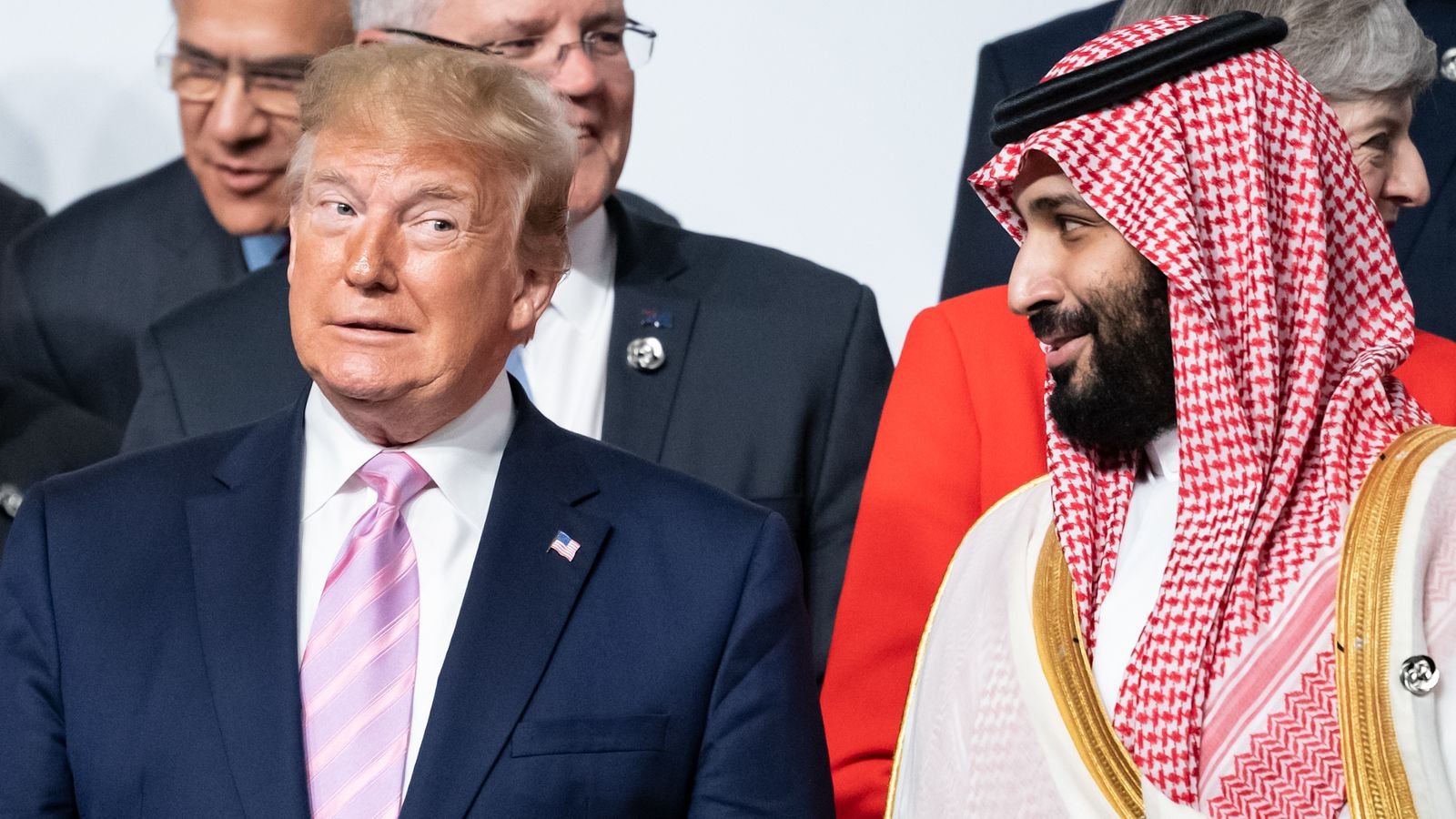Donald Trump and Mahmood Mamdani: Unpacking a Surprising Political Alliance of Convenience
 United States
US Politics
United States
US Politics

An analysis delves into the surprising 'bond of convenience' between former President Donald Trump and academic Mahmood Mamdani. It explores potential reasons f
Donald Trump and Mahmood Mamdani: Unpacking a Surprising Political Alliance of Convenience
The political landscape frequently unveils unexpected alliances, but few spark as much intrigue as the reported 'bond of convenience' between former President Donald Trump and the distinguished Ugandan-American academic, Mahmood Mamdani. At first glance, these two prominent figures appear to occupy entirely disparate ideological realms, making any form of collaboration or mutual understanding a rich subject for speculation and in-depth analysis.
Donald Trump, widely recognized for his populist nationalism, his staunch "America First" platform, and his often provocative rhetoric, presents a stark contrast to Mahmood Mamdani. Mamdani is a celebrated scholar, anthropologist, and public intellectual whose extensive work often involves critical examinations of global power structures, colonialism, and systemic inequalities, advocating for nuanced, context-specific approaches to international relations and social justice. His profound intellectual background and generally progressive inclinations would seemingly position him squarely in opposition to many of the principles and policies espoused by Trump.
The Nature of a 'Bond of Convenience'
However, the very notion of a 'bond of convenience' implies a pragmatic, rather than ideologically driven, connection. Such a relationship typically emerges when otherwise unaligned parties discover a common objective on a particular issue, or when a temporary, transactional agreement serves distinct yet mutually beneficial interests. The central question then becomes: What specific circumstances or shared objectives could possibly bring these two seemingly antithetical personalities together?
Potential Catalysts for an Unlikely Connection
One prevailing theory suggests a shared skepticism towards certain entrenched institutions or long-standing foreign policy doctrines. Mamdani, from his academic vantage point, has consistently voiced criticisms against interventions and policies that he perceives as perpetuating neocolonial dynamics. Similarly, Trump, from his populist stance, has frequently challenged traditional foreign policy establishments, albeit driven by a different set of motivations, often prioritizing a narrow definition of national interest and questioning established international agreements. Could a shared, albeit disparate in origin, critique form a loose, strategic nexus on particular global issues?
Another perspective considers a transactional understanding. It's plausible that Mamdani's profound insights into African politics, global power dynamics, or post-colonial realities could offer a unique, if unconventional, viewpoint that Trump or his strategic advisors might find valuable for specific geopolitical calculations. Alternatively, the 'bond' could manifest as a less formal intellectual exchange or a mutual, albeit unspoken, recognition of each other's disruptive potential, even if their ultimate ideological objectives remain fundamentally unaligned.
Implications for Political Discourse
This unexpected connection powerfully underscores the inherent fluidity and often transactional character of contemporary global politics. While their core ideologies appear to be worlds apart, the mere emergence of any 'bond' between Trump and Mamdani signals a potentially fascinating development. It compels observers to delve deeper into the specific catalysts and issues that could forge such an unlikely, and likely temporary, partnership. The long-term implications of this intriguing alliance for both figures and their respective spheres of influence are yet to fully unfold, but it undeniably injects a compelling layer of complexity into ongoing political discourse.





